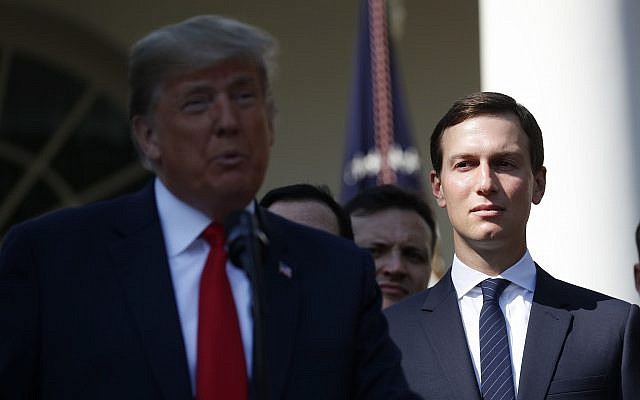News Analysis |
Leader of Opposition in Senate, Senator Sherry Rehman has said that cooperation between Pakistan and China is a manifestation of the desire to further deepen ties for mutual benefit. She expressed these views while talking to Acting Chinese Ambassador Zhao Lijian, who called on her at the Parliament House on Friday.
Senator Sherry Rehman said that, “Pakistan and China have a history of friendship which was built by Zulfiqar Ali Bhutto and Mao Tes-tung and both the countries have stood with each other and seen the vicissitudes of time. She said that this historic friendship has remained beneficial for both in economic and strategic fields while initiatives like “CPEC and OBOR (One Belt One Road Initiative) have added further impetus to bilateral relations between the two sides.”
She said that the former Prime Minister Benazir Bhutto, former President Asif Ali Zardari and Chairman PPP Bilawal Bhutto – Zardari always placed Pak-China relations in highest regards and consensus exists across party lines in relations with China. Rehman said that, “we hope that CPEC will generate more jobs at very fast pace, more opportunities for Pakistani youth and expediting social and economic development.”
Critical narratives are also being propelled within Pakistan that “China is trying to take advantage of Pakistan which has managed to isolate itself from the international community due to allegations of terror financing,” said a Netherland-based think tank.
Rehman appreciated the fact that Chinese envoy was further proactive in consolidating the Pakistan and China friendship. The Ambassador informed the Leader of the Opposition in the Senate about the projects initiated under CPEC and said that fourteen projects under CPEC have able to generate 70000 employment opportunities for the youth of Pakistan and more projects are in the pipeline which would further grow employment in the country.
He said that, locals are a priority in all the CPEC projects. He also appreciated the fact that PPP was instrumental in bringing CPEC to Pakistan with President Zardari and Chinese President Xi Jingping signing agreements.
Read more: CPEC: A Paucity of Planning by Pakistan
CPEC Narratives Analyzed
The extensive transactional economic ties between the two neighbors, have resulted in major realignments of strategic partnerships by countries perceiving CPEC as a threat to their domestic and international dominance. India, is concerned about the Pakistan’s growing regional influence emerging from CPEC, both in terms of economic growth and consequent political stability. On the other hand America’s loosening grip on Pakistan’s foreign policy has put them in a position of uncertainty in the region.
US has always been apprehensive of china’s robust growth, as it has the weight required to tip of the global power balance. The Pak-China strategic duo is likely to undermine US influence in the region, and thus, partnership between India and US is a predictable consequence, if they are to retain their influence in the region.
U.S. Defense Secretary James Mattis upped the ante further by questioning the legality of China’s much-hyped One Belt One Road (OBOR) project, warning that the planned infrastructure-building initiative would pass through what India considers the “disputed territories” of Kashmir and Gilgit-Balistan, where the borders of China, India, and Pakistan meet.
Senator Sherry Rehman said that, “Pakistan and China have a history of friendship which was built by Zulfiqar Ali Bhutto and Mao Tes-tung and both the countries have stood with each other and seen the vicissitudes of time.
This time the retort came from Beijing, which called on other countries to join their regional cooperation agreements instead of perceiving them as a threat. If everybody is offered a piece of the pie, only those countries will oppose which have ambitions beyond their sovereignty.
Read more: CPEC: Pakistan’s quest for energy security
However, critical narratives are also being propelled within Pakistan that “China is trying to take advantage of Pakistan which has managed to isolate itself from the international community due to allegations of terror financing,” said a Netherland-based think tank. “Beijing is knowingly patronising Islamabad to turn it into a colony dependent on China for day-to-day survival”, according to Amsterdam-based European Foundation for South Asian Studies.
However, grass-root sentiments remain optimistic with regards to the CPEC projects, foreseeing regional stability, gradual real growth in Pakistan, and far-reaching positive impact on global trade. China is building the foundation upon which a new era of globalization will rise.














